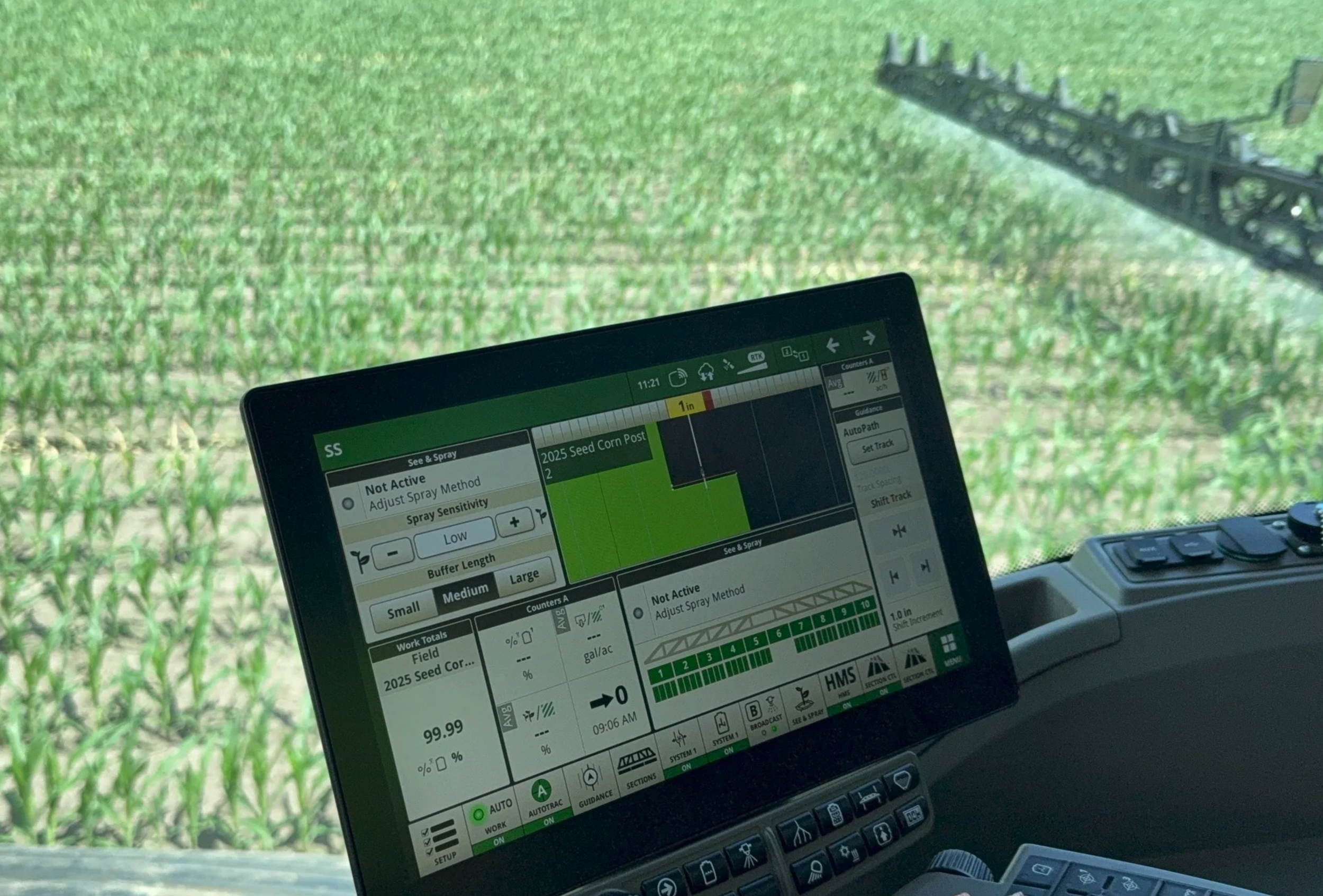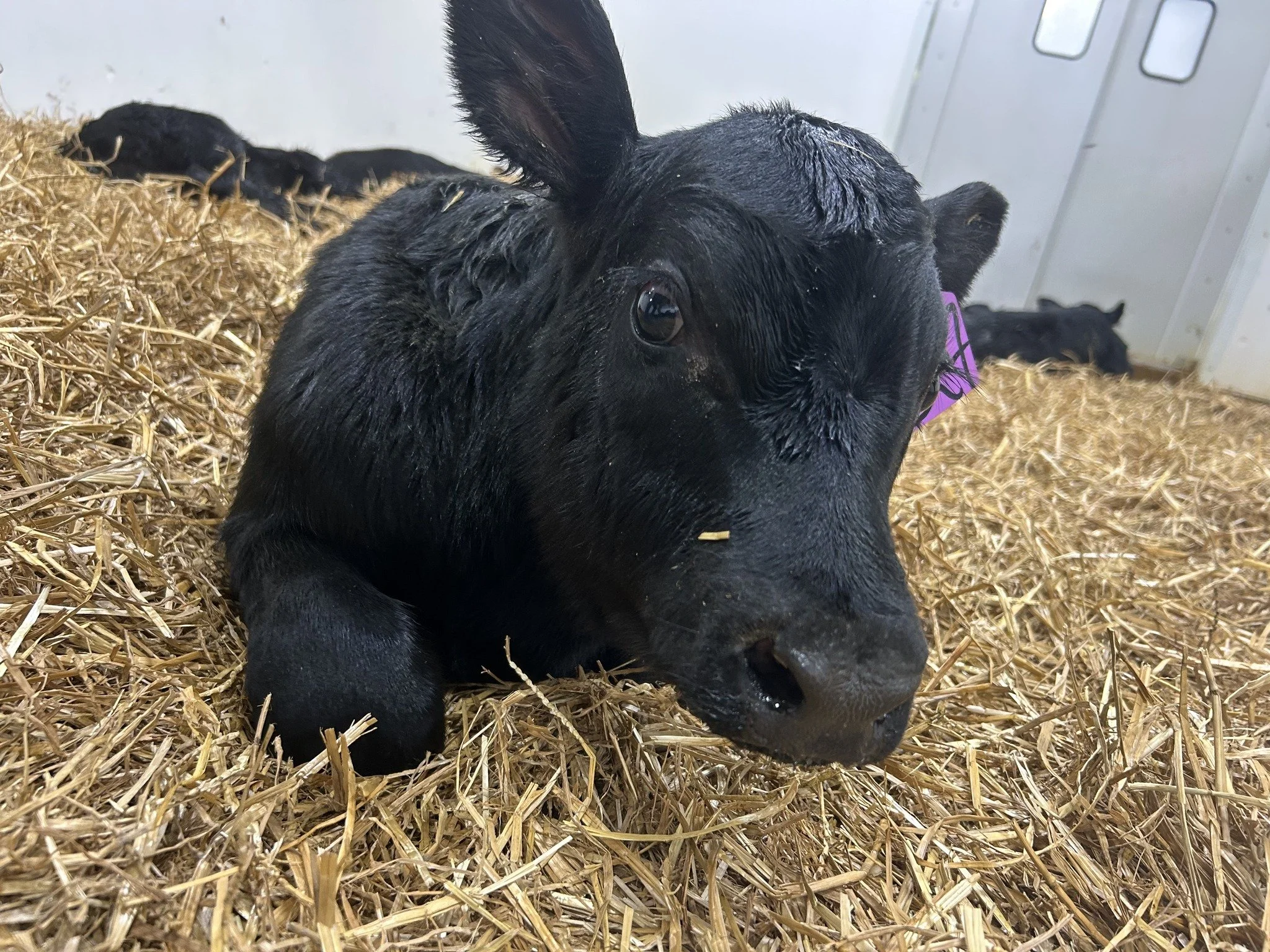Zoning: Neighbors Do Not Have Automatic Standing
/The Indiana Court of Appeals just issued an opinion in the case Pflugh v. Indianapolis Historic Preservation Commission (IHPC) and held the petitioner did not have standing to appeal variances issued to a property developer. This case could be important for livestock producers whose neighbors want to challenge zoning decisions. "Standing" is the legal doctrine to make sure the complaining party is the right party to be before the court.
In the Pflugh case, a developer proposed a plan to replace a vacant nursery school with 7 single family homes, two duplexes, and two condominium buildings in Indianapolis near the Chatham Arch and Massachusetts Avenue neighborhoods. The IHPC held several public hearings and granted the developer permission for the project, including four development-standard variances allowing for less open space and reducing the livability-space ratio and floor-space ratio for the buildings. Pflugh appealed. The trial court held Pflugh did not have standing to appeal the decision and affirmed the IHPC.
The Court of Appeals agreed. To have standing, Pflugh had to show that he was "aggrieved" by the variances. The petitioner has to show he will be harmed by the variances, that the harm will be financial, and that the harm is special to him and not common to the whole community. The Court explained Pflugh did not have automatic standing to challenge the variances simply because he lived adjacent to the subject property. Pflugh's arguments about increased noise, traffic, and children playing baseball in the street were not sufficient to give him standing because those affects were common to the community as a whole--not special to Pflugh.
This was a case about residential development in a city, not a farm in the country. But, some of the lessons transfer to a livestock operations or specialty farms seeking zoning permission. If a farm prevails at the county level, a neighbor must have "standing" to appeal the county's decision to a court. The Pflugh case makes it clear--standing requires more than just owning a house in the general area.
Protect your rights. Talk to a lawyer if you are going through a zoning procedure for your agricultural operation.




